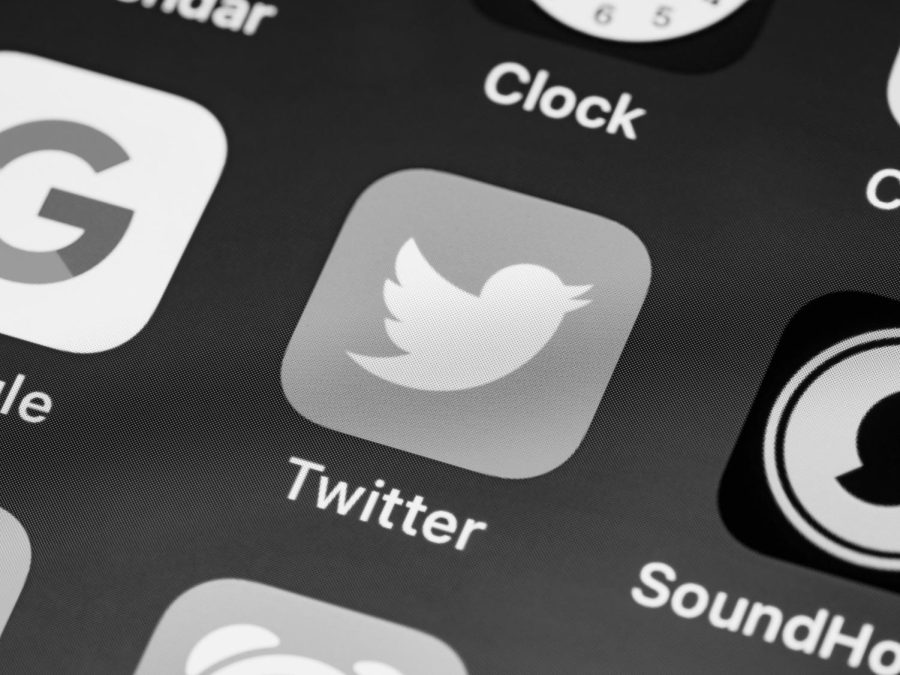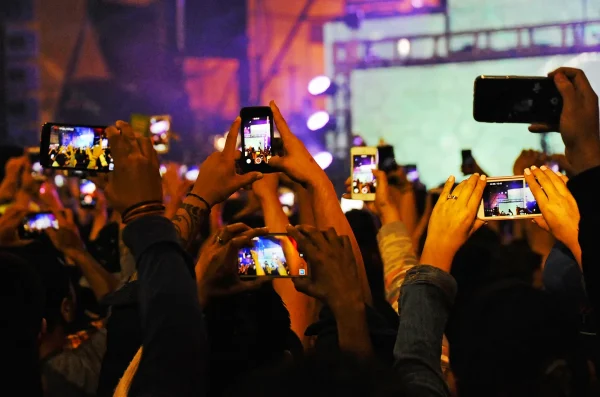Restricting misinformation
According to an article from the Pew Research Center, more than half of Twitter users get their news from the platform regularly.
Feb 24, 2022
Recently, the Department of Homeland Security issued a terrorist threat advisory, which explained that one of the reasons for the extension of last year’s advisory is mis-, dis-, and mal-information. The White House has also suggested that social media platforms are not doing enough to curb the spread of misinformation according to an article by Betsy Klein by CNN.
On the other hand, other people have suggested that this fight against misinformation is actually restricting free speech rights. As social media platforms attempt to limit misinformation, opponents say that their ideas are being shut down to comply with only one set of ideas.
The terrorist threat advisory defined misinformation as false information that is not created or shared with the intention of causing harm. That leads to the question of whether restricting the spread of misinformation is a restriction of free speech.
Since misinformation is not intentional by its definition, that raises the question of whether people have the right to be wrong. The reason some in the government are concerned about the spread of misinformation is that it can lead people who hear this misinformation to make harmful decisions without hearing all of the facts. However, if people have access to misinformation on social media, they also likely have access to more credible information that is also on the Internet.
Even though people may be mistaken, they should still have a right to share their opinions and ideas. There are several reasons for this. Alternate ideas help prevent groupthink, or the idea that everyone should have the same viewpoint. Groupthink can lead to a mistaken idea being the unanimous idea, and those who point out its error are restricted. Even if an idea is wrong, it is important to consider it. Opponents of the idea should explain why it is incorrect instead of requesting that it simply be prohibited. At the end of the day, if both parties are not convinced, then they can agree to disagree.
One area of misinformation that has been particularly controversial is COVID-19 misinformation.
COVID-19 misinformation is controversial because people can be influenced to make dangerous health decisions by misinformation. However, to counter this threat, social media platforms, like Facebook, Twitter and YouTube, have gone as far as to defund, flag and even take down posts, videos, and other content that spreads what is considered misinformation. Facebook alone has taken down more than 20 million posts spreading COVID-19 misinformation as of August 2021, according to Naomi Nix and Kurt Wagner for Bloomberg Technology. While this may seem like the correct action, there are drawbacks.
One drawback is that our knowledge of this pandemic has changed rapidly since the start of the pandemic. Things that experts once stated confidently were sometimes questioned after a few short months. One example is the controversy of the origins of COVID-19. According to a timeline by Glenn Kessler in the Washington Post, early in the pandemic, most doctors agreed that COVID-19 had natural origins. The idea that it may have leaked from a lab in Wuhan, China, was regarded as a conspiracy theory.
Now, many scientists and doctors regard both theories as credible. As information changed, theories changed. So, the notion that ideas that disagree with current theories should be dismissed and removed is flawed because those theories may turn out to be valid or credible. They should at least be considered.
While regarding the theories of experts in the fields as the most likely to be correct is a safe assumption, removing all other counter ideas can actually be harmful to science. Scientific process is constantly changing. Historically, science has made progress when scientists dared to question long-held theories. By experimenting with new hypotheses, scientists were able to develop new theories. However, when people regard the theories of experts as the only valid idea, science is halted.
The First Amendment to our Constitution guarantees us the right of free speech. While social media platforms have the right to develop content guidelines, the encouragement of restriction of certain speech by some in our government is a breach of that right. We can all be affected by this. Whether our speech is removed on social media or our access to alternate viewpoints is limited, the restrictions on misinformation can have unforeseen and dangerous consequences.

















